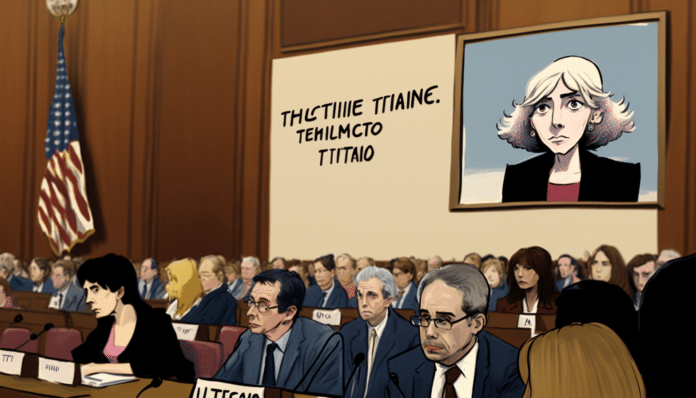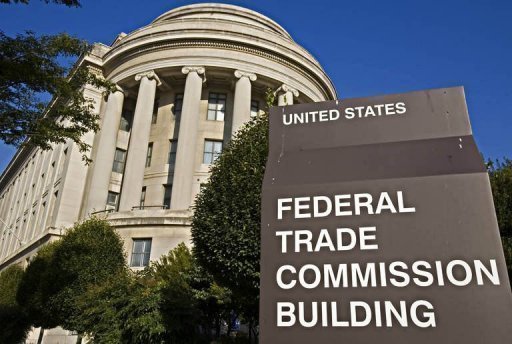The FTC recently voted unanimously to issue an Advance Notice of Proposed Rulemaking (ANPR) considering modification to the FTC’s Business Opportunity Rule (BOR).
The BOR as currently applies a “commercial arrangement” in which a “seller solicits a prospective purchaser to enter into a new business,” the “prospective purchaser makes a required payment, and the “seller, expressly or by implication, orally or in writing, represents that the seller or one or more designated persons will’ either (i) provide locations for the purchaser’s equipment, (ii) provide outlets, accounts, or customers for the purchaser’s goods or services, or (iii) buy back any or all of the goods or services that the purchaser makes or provides.
The BOR requires sellers of bizopps to provide a specific type of disclosure document that includes information about potential earnings and substantiation of representations, legal actions, how to cancel, refunds and references that have purchased the bizopp within a specific time period. Importantly, the BOR also includes a list of prohibited claims and misrepresentations and discusses how sales in languages other than English must be handled.
For the first time since its inception, the BOF will be revised and presumable, updated. In her statement, FTC Chairperson Lina Khan states that “[t]he rule had served the public well over the years,” but “several varieties of scams . . . fall outside the scope of the existing rule, [including] certain kinds of business coaching and work-from-home programs, investment programs, and e-commerce opportunities.” Chairperson Khan asserts that “case-by-case enforcement has key limitations—especially after the Supreme Court’s AMG decision” that held that the FTC lacked authority to obtain equitable monetary redress under Section 13(b).
The ANPR does not identify specific proposals. However, it does highlight that work-from-home programs, investment coaching programs, and ecommerce opportunities as potentially being within the scope of the BOR. Something that the FTC almost certainly wants to “fix” and broadly expand upon.
Note, the ANPR mentions that the FTC may consider previously submitted comments in another ANPR about “earnings claims.” In fact, the FTC notes that it “solicited and received comments about the following industries: multilevel marketers, for-profit schools, and gig platforms.” It will be interesting to see how modifications to the BOR may conflict with similar local, state and/or federal business opportunity legal regulatory requirements.
This matter should be of interests to digital marketers and online lead generators. Contact an experienced FTC lawyer if you are interested in discussing the FTC’s Business Opportunity Rule and agency policy in order to minimize potential liability exposure.
Richard B. Newman is an FTC defense attorney at Hinch Newman LLP. Follow FTC attorney on National Law Review.
Informational purposes only. Not legal advice. May be considered attorney advertising.













